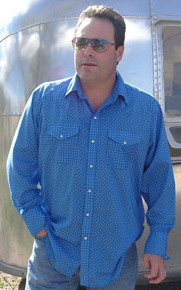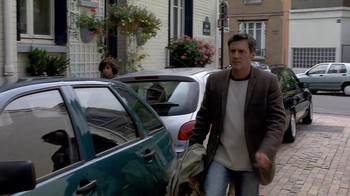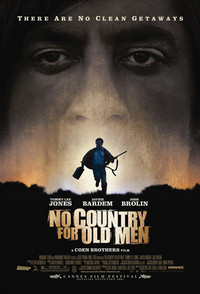Frustrating History
The Last Days begins with a statement from a Hungarian Jew who survived the Holocaust: As World War II began to slip away from Hitler, the German führer chose to kill Jews with renewed urgency instead of fortifying his battle troops with death-camp soldiers. Why? This documentary never tries to explain. Implicitly, the movie says Hitler hated Jews more than he cared about winning the war. Perhaps that’s the only possible answer. But as glibly as it’s offered here, it’s deeply unsatisfying.

 Mark Stuart has only himself to blame. The name was his idea – even if he didn’t mean it to stick – and the stories associated with it are good ones. But Stuart is considering hanging up Bastard Sons of Johnny Cash as a band name when he moves to Austin, Texas, from San Diego next year.
Mark Stuart has only himself to blame. The name was his idea – even if he didn’t mean it to stick – and the stories associated with it are good ones. But Stuart is considering hanging up Bastard Sons of Johnny Cash as a band name when he moves to Austin, Texas, from San Diego next year. It might sound like a lame excuse. But if a man cheats on his wife, he might explain himself this way: “I couldn’t help it. My evolved psychological mechanisms made me have an affair.” And he’d be right. Sort of.
It might sound like a lame excuse. But if a man cheats on his wife, he might explain himself this way: “I couldn’t help it. My evolved psychological mechanisms made me have an affair.” And he’d be right. Sort of. In his
In his  I have no problem
I have no problem My first thought after watching Joel and Ethan Coen’s No Country for Old Men – amid groans from others in the theater – was that I understood why some people hate it.
My first thought after watching Joel and Ethan Coen’s No Country for Old Men – amid groans from others in the theater – was that I understood why some people hate it.